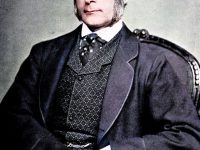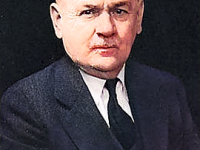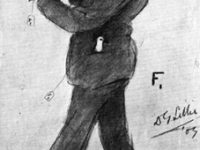Karl Pearson and Mathematical Statistics
On March 27, 1857, English mathematician and biostatistician Karl Pearson was born. Pearson has been credited with establishing the discipline of mathematical statistics. He founded the world’s first university statistics department at University College London in 1911, and contributed significantly to the field of biometrics, meteorology, theories of social Darwinism and eugenics. “It was Karl Pearson, a man with an unquenchable ambition for scholarly recognition and the kind of drive and determination that…
Read more





